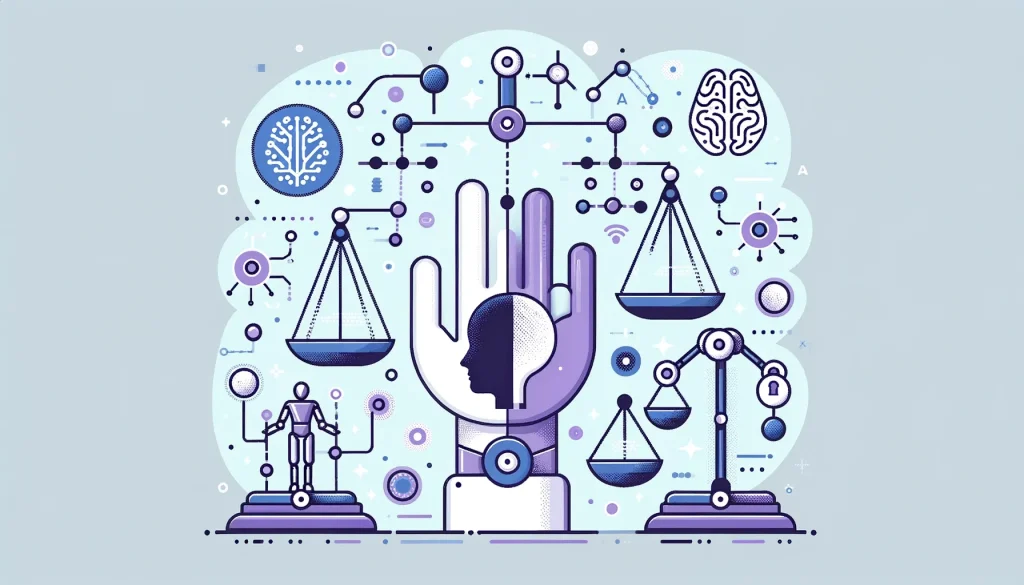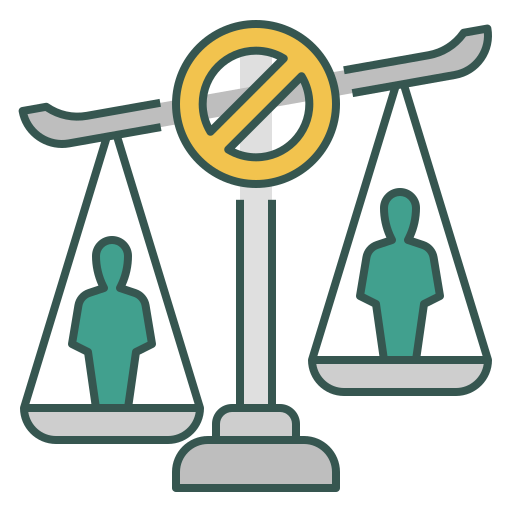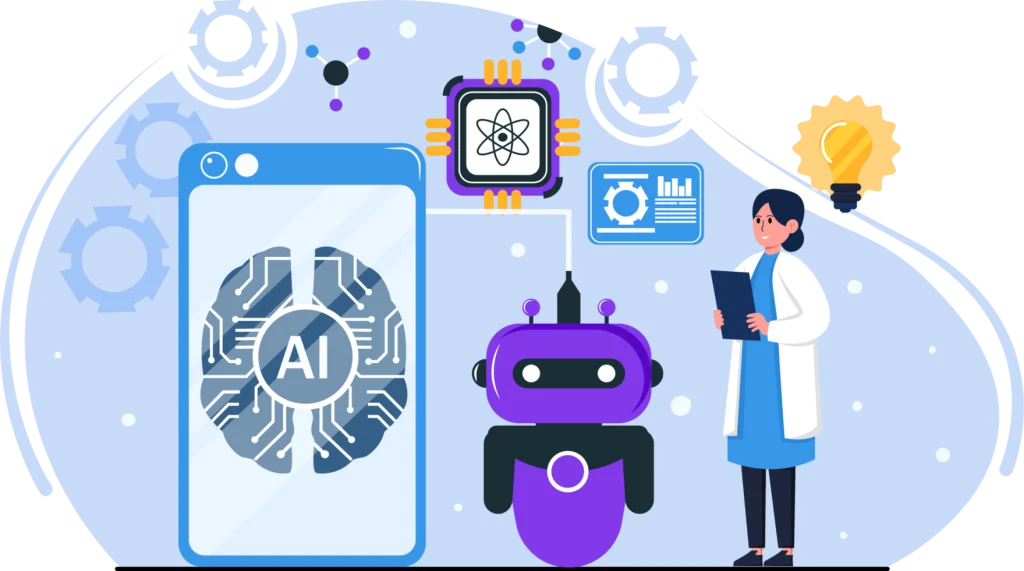Before you click ‘Generate’—here’s what to consider.

As Generative AI tools become more integrated into how we learn, teach, and create new knowledge, we are confronted with new questions about academic integrity, responsible AI use, and the broader ethical implications of this technology. Ethics in AI is about making informed, thoughtful decisions that align with our values and responsibilities as students, educators, and professionals.
This section presents questions to helping us navigate making decisions about using AI effectively and ethically. It addresses moral dilemmas and a points to consider for responsible AI integration in our work and learning.
When we are considering using AI in our work, we might be asking questions such as:
- Could using this AI tool introduce bias, misinformation, or unfairness into my work?
- Is the AI-generated output accurate and reliable for my intended purpose?
- Is AI replacing something valuable (like learning, critical thinking, or human connection)?
- How does my AI use impact others, including those who would read my work?
- Will using AI create a misrepresentation of my own work?
- If I use AI-generated content, how do I acknowledge or cite it appropriately?
“Like all technology before it, artificial intelligence will reflect the values of its creators”
Kate Crawford, University of Southern California, Author of Atlas of AI
Is it a good idea to use AI? Efficacy: Mistakes, Voice & Critical Thinking
Generative AI is powerful but it’s not perfect. This section asks us to pause and consider how effective AI tools truly are in supporting our goals. The three questions below & the pages they link to provide a place to start when considering whether using AI is effective for a given purpose.
Is it OK to use AI? Ethics: Bias, Data Privacy, Environment, & Society
From data privacy to misinformation, this section unpacks ethical questions we should wrestle with when using AI. The five pages below highlight important ethical questions to ask ourselves when deciding to use AI.
How do I decide?

Remember: When you are unsure about which generative AI tools are appropriate, These guidelines from Tufts TTS are helpful!







